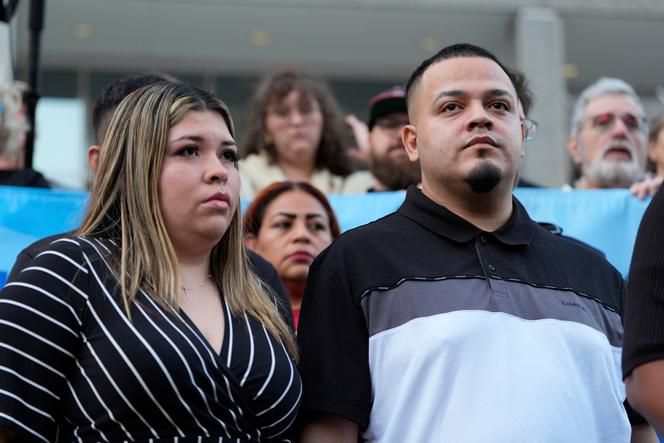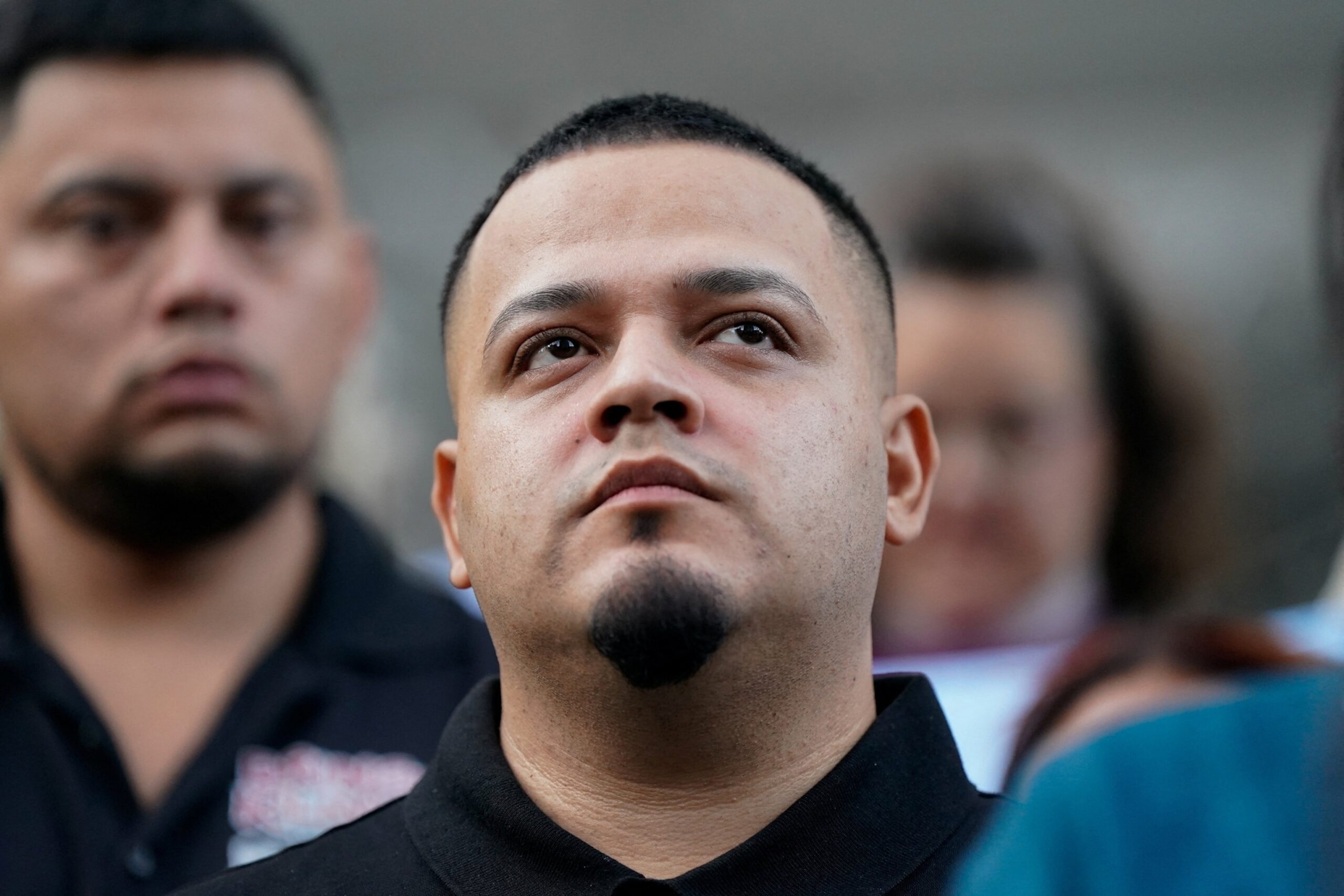Kilmar Abrego García, a Salvadoran national, has become the center of an ongoing immigration and human rights dispute between the United States and several potential host nations. The case, which has drawn international attention since early 2025, raises questions about diplomatic sovereignty, refugee protection, and the ethical limits of U.S. deportation policy.
Abrego, who fled gang violence in El Salvador as a teenager, first entered the United States irregularly more than a decade ago. In 2019, a U.S. immigration court granted him withholding of removal, recognizing that deporting him to El Salvador would expose him to serious danger and potential persecution. This ruling made his forced return unlawful under both U.S. and international refugee protection standards.
However, in March 2025, during renewed enforcement of “expedited deportations,” U.S. authorities controversially sent Abrego back to El Salvador despite the court order. His attorneys and several human rights organizations, including Human Rights Watch, condemned the deportation as a violation of U.S. and international law. Following backlash and further review, the U.S. Department of Homeland Security (DHS) admitted an “administrative error” and began exploring third-country options for resettlement.

That’s when Ghana’s name surfaced. Internal U.S. documents revealed that officials had considered several African nations—including Ghana, Uganda, and Eswatini—as possible destinations for Abrego. But Ghana quickly declined.
According to Ghana’s Ministry of Foreign Affairs and Regional Integration, the country has no existing agreement to receive non-African deportees from the U.S. or any other state. Foreign Affairs Minister Samuel Okudzeto Ablakwa clarified in a press briefing that Ghana “does not and will not accept deportees with no Ghanaian citizenship or legal ties to the Republic of Ghana.” He stressed that any deportation request must align with national immigration laws and ECOWAS protocols, which primarily govern movements of West African citizens.
Ablakwa’s statement reflected Ghana’s broader foreign policy principle of sovereignty and legal reciprocity. In essence, the government cannot lawfully admit a foreign national deported from another country without formal consent and established legal basis. Ghana’s refusal underscores a key diplomatic stance—protecting national integrity and preventing the imposition of external migration burdens.

The Abrego case highlights a growing tension in international migration politics. U.S. authorities, faced with complex asylum backlogs and political pressure to reduce undocumented populations, have occasionally sought third-country resettlements for non-refoulement cases—individuals who cannot safely return home. However, experts argue that forcing transfers to unrelated countries undermines the humanitarian spirit of asylum law.
For Ghana, the case is more than a legal technicality—it’s a diplomatic balancing act. Accepting a non-Ghanaian deportee from the U.S. could set a precedent that opens the door for similar future requests. It could also create domestic controversy, given rising concerns over illegal migration, transnational crime, and limited resources to monitor foreign arrivals.
Meanwhile, Abrego remains in limbo. His lawyers have petitioned U.S. courts to reverse the deportation and restore his legal status, citing the risk of persecution if he remains in Central America. The Biden administration has yet to clarify how it will resolve his case, though immigration experts believe it will likely end in either supervised release in the U.S. or relocation to a safe partner country—if one agrees to host him.
For now, Ghana’s firm refusal sends a clear message: Africa will not serve as a convenient destination for rejected asylum seekers from non-African regions without due diplomatic process. The move also strengthens Ghana’s international image as a rule-of-law state, reinforcing its sovereignty while aligning with international norms that protect individuals from unlawful transfer.

As the legal and diplomatic saga unfolds, Abrego’s case has become emblematic of a larger global debate—how powerful nations manage asylum cases without violating human rights or coercing smaller states into accepting responsibility. For Ghana, the stand against accepting Abrego reflects both principle and prudence.
In the end, the outcome of this standoff will test not just U.S. immigration policy but also the global system of shared responsibility in protecting displaced persons. It will also remind nations that sovereignty and compassion must coexist in the face of complex humanitarian dilemmas.
UK deports 44 Nigerians And Ghanaians In A Single Flight — Home Office

